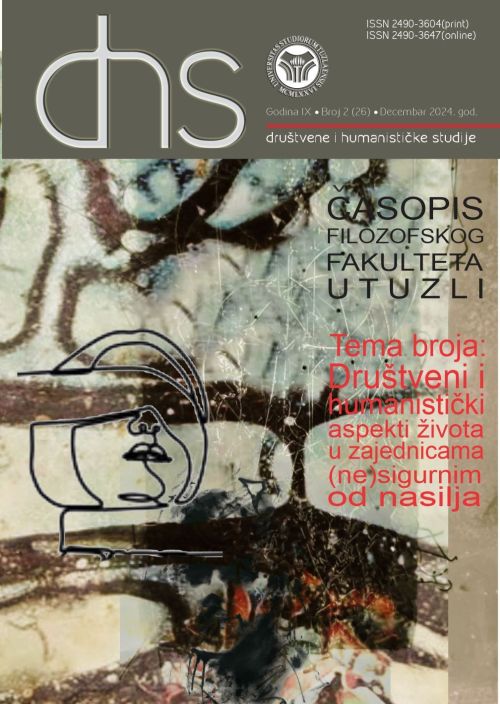School Children with Developmental Disabilities and Inclusive Education for a Society of Non-Violence
School Children with Developmental Disabilities and Inclusive Education for a Society of Non-Violence
Author(s): Antonija Huljev, Irella Bogut, Monika Mužar-KosSubject(s): Education, Psychology, Sociology, Studies in violence and power
Published by: Filozofski fakultet Univerziteta u Tuzli
Keywords: inclusion; non-violence; pedagogical axiology; education; school children with developmental disabilities;
Summary/Abstract: School children with developmental disabilities demonstrate different abilities and possibilities. Therefore, they need adapted educational support. Inclusive education implies including school children with developmental disabilities in order to recognize, accept, and understand their differences and individual abilities. In such a process, an effort is made to provide school children with learning, growth and development opportunities. Inclusion, perceived as a social value in itself, as an understanding and acceptance of differences, contributes to the development of society in every sense. In that sense, in this paper, inclusion and inclusive practice will be observed and described from the aspect of pedagogical axiology, i.e., educational value, which contributes to developing a society of non-violence that is so needed nowadays. Contemporary research shows that violence directed at school children with disabilities is increasing. Hence, the paper will summarise findings based on a review of recent relevant research and conclude the importance of inclusive upbringing and education in perceiving this (modern) problem, primarily from the moral basis of inclusion.
Journal: DHS-Društvene i humanističke studije: časopis Filozofskog fakulteta u Tuzli
- Issue Year: XXVI/2024
- Issue No: 26
- Page Range: 111-124
- Page Count: 14
- Language: English

